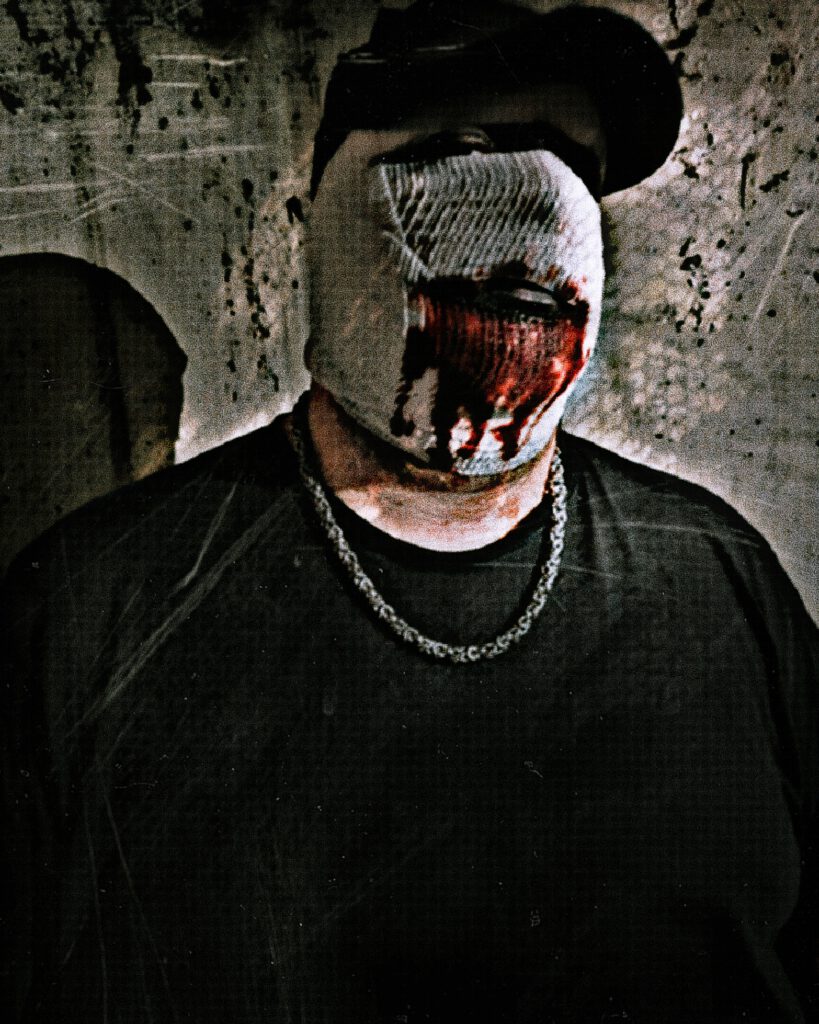
A few weeks ago, the Swedish band Yritys released their long-awaited new album. With their signature blend of melancholic melodies, powerful riffs, and Scandinavian introspection, the group once again strikes a deep chord with their fans. The new album is both a musical and emotional statement, which gave us every reason to ask the band a few questions about their creative process, musical influences, and future plans.
1. Your latest album Mors Mecum Ambulat has a striking title—“Death Walks With Me.” What does this phrase represent to the band?
It’s a phrase that really fits the album. At the time when we were writing the album, some of us lost relatives and close friends. And that really affected the theme of the album. Mors Mecum Ambulat is not an homage to death, but a reminder of our mortality.
2. What were the main lyrical and musical inspirations behind Mors Mecum Ambulat?
When it comes to the lyrics, the main inspiration was a poem by Erik Johan Stagnelius called “till förruttnelsen” which translates to “ode to decay/putrefaction.”
That poem was the main inspiration to almost all of the lyrics on the album. It created a theme that the songs follow.
There was no concrete inspiration music wise like in our album Delusion(s) where we were more inspired by a certain genre. This time we tried to think outside of the box and be inspired by all kinds of genres.
3. There’s a strong sense of atmosphere and tension throughout the album. How did you achieve that balance between aggression and ambience?
The atmosphere and tension was created by trying to write something beautiful musically wise and “ruin” it with aggressive vocals, mainly in swedish on the clean parts. Because this time we tried to avoid desperate and sad vocals due to changes in the lineup of the band.
This time “Ukko” (bass, drums and vocals) stepped up and screamed all of the swedish parts, whilst “Nihil” (guitars, lyrics, vocals) and “00” (vocals) took care of the distorted parts.

4. Did the writing or recording process for Mors Mecum Ambulat differ from your previous releases?
Yes. This time Nihil wrote a majority of the songs by himself first and that differs from delusion(s) where Ukko was the main writer of the foundation of the songs.
We got a lot of help from a dear friend by the name of Mattias Schering, he really helped with instrumentals/clean parts. He plays all of the pianos and orchestra.
We also got help with two songs, “Eviga Natt” and “Cloven Tongues” which were written and co- written by Jens (Tephras) Jacobsen.
When the vocals of the first album were being recorded we were in a rush because we had rented a temporary studio, so we only had about 8 hours to record everything. This time around we have access to a studio at all times so it was not as stressful as with the first album.
In Mors Mecum Ambulat we also used 7-string guitars and 5-string bass, that differs from the first album.
5. Are there particular tracks on the album that feel especially personal or meaningful to you?
Room 97 is the most personal to me (Nihil) due to some of the lyrics being written when I was admitted to an institution. That song is a goodbye to a dark period of my life.
The song Ode to Death is also very personal and meaningful to me because a friend of mine took his own life, and that affected the whole theme of the song.

6. The artwork for Mors Mecum Ambulat evokes a bleak, almost apocalyptic tone. How closely does the visual aesthetic tie into the music and message of the album?
The album cover was almost the most difficult part of the whole album. We contacted Therese Zellner to create an album cover that was fitting for the music. We brainstormed different ideas and got around 5 different versions of it. None of them felt right until we randomly figured out that this was the death of the dark times of room 97. It felt like a nice goodbye to those times, and fits the theme of the album.
7. What has the reception to the album been like so far, both in Sweden and abroad?
The reception to the album has been very positive. We got reviewed by Sweden Rock Magazine and got 8/10 which is really nice. We have many new listeners abroad too so thats a positive thing.
8. Did you experiment with any new instruments, recording techniques, or lyrical approaches on this record?
We used 7-string guitars and a 5-string bass instead of the usual 6 and 4 strings. The lyric approaches were also different this time around. This album focuses mainly and only around death, all of the songs have a cohesive theme that sorrounds death and decay.
We experimented with different languages like swedish and latin in a few of the songs.

9. Is there a concept or narrative running through the album, or do the songs stand individually?
Like I’ve mentioned previously this album has a theme about death, all of the songs are linked to the main theme. It’s a concept album and I personally (Nihil) like to write concept albums lyricwise. The first album was about mental health issues, the Apostate EP was about religious disillusionment and contempt. This time around we focused on the theme of death.
10. Now that Mors Mecum Ambulat is out, how do you feel about it as a finished work—are you satisfied, or already thinking about what’s next?
We have already started writing the fourth release. We are really happy and proud of the finished work Mors Mecum Ambulat became, but theres always room for improvement and we are already experimenting with a new concept for the fourth release.

